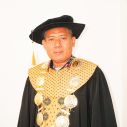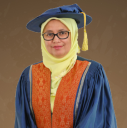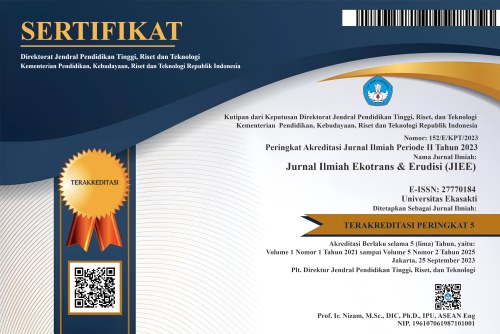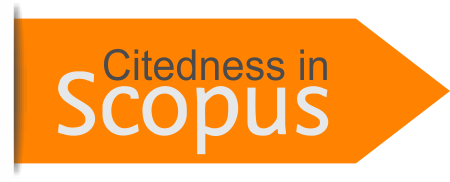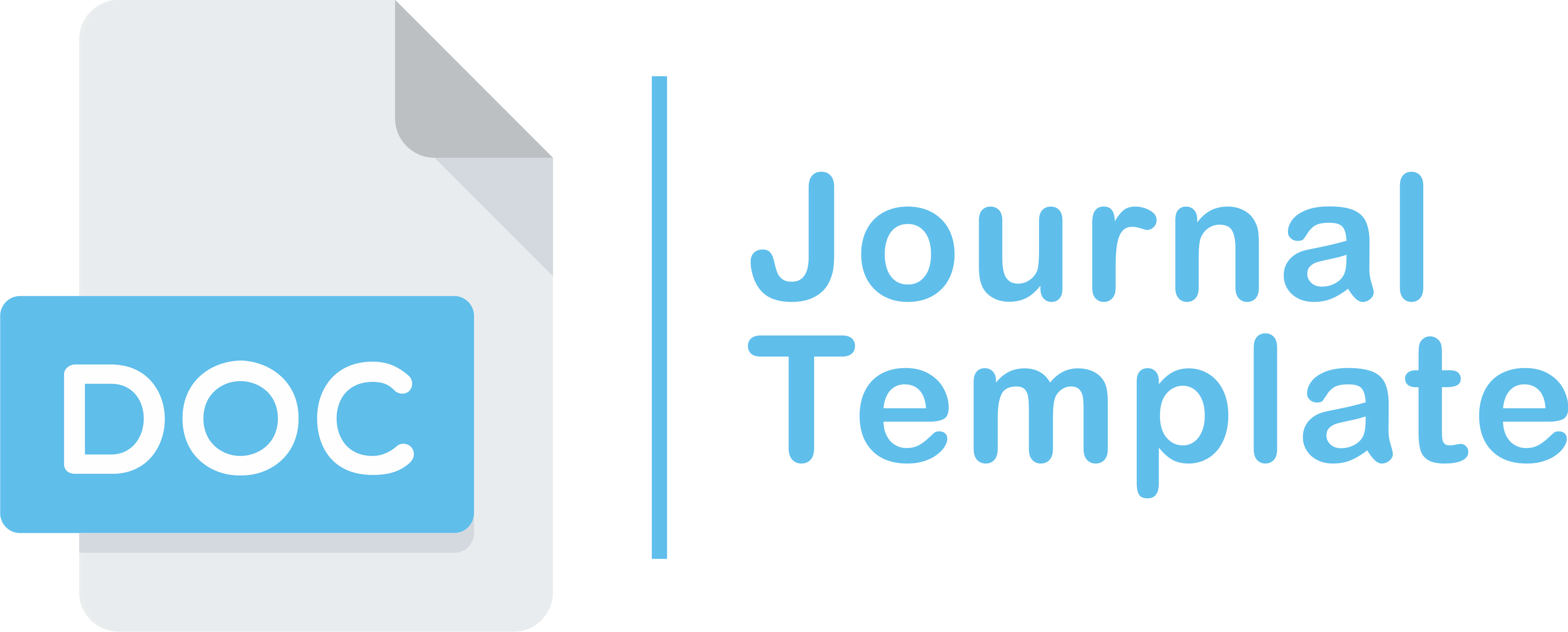Analisis Wacana Kritis Pada Komunitas Indonesia Tanpa Poligami (ITAMI) di Instagram
DOI:
https://doi.org/10.69989/cf8n8e97Kata Kunci:
Analisis Wacana Kritis, Tendensi, Ideologi, PoligamiAbstrak
Penelitian ini menggunakan teori analisis wacana kritis, yakni sebuah analisis yang menitikberatkan bahasa sebagai praktik kekuasaan. Penelitian dilakukan dengan menganalisis struktur wacana dalam setiap postingan dan komentar pada akun @indonesiatanpapoligami pada bulan Juni-Desember 2020. Fairclough membagi analisisnya ke dalam tiga dimensi yaitu teks, discourse practice, dan sosiocultural practice. Penelitian ini juga bertujuan untuk mengungkap tendensi dan ideologi pada akun @indonesiatanpapoligami media dalam menyajikan informasi mengenai poligami. Hasil penelitian yang menganalisis tentang teks pada tingkat representasi ditemukan beberapa kosa kata yaitu sunnah rasul, fckboy, feminis, kafir, murtad, zina. Pada tingkat relasi, media menjadi ruang sosial dimana masing-masing kelompok saling mengajukan gagasan dan pendapat dan memberi kekuatan social yang ditampilkan dalam teks. Pada tingkat identitas, admin akun @indonesiatanpapoligami sangat jelas menentang praktik poligami di Indonesia. Dalam Praktik kewacanaan atau discourse practice, banyak komentar pro maupun kontra terhadap praktik poligami dari pengguna akun instagram lain terhadap postingan yang diunggah oleh akun instagram @indonesiatanpapoligami. Pada Praktik sosial budaya atau Sosiocultural practice level situasional praktik poligami yang dilakukan zaman sekarang hanyalah karena hawa nafsu saja dengan alasan mengatas namakan agama. Level institusional disini yakni Riset LBH APIK (Lembaga Bantuan Hukum Asosiasi Perempuan Indonesia untuk Keadilan) praktik poligami menyebabkan ketidak adilan: perempuan yang disakiti dan anak yang ditelantarkan. Level sosial dapat menggiring opini sesama pengguna akun instagram bahwa praktik poligami di Indonesia merupakan hal yang seharusnya tidak dilakukan.
Unduhan
Referensi
Aedy, H. H. (2007). Antara poligami syariah dan perjuangan kaum perempuan. Alfabeta.
Bodgan, R., & Taylor, S. J. (n.d.). Pengantar Metode Penelitian Kualitatif. Alih Bahasa: Arif Furchan. Cet. I.
Eriyanto. (2001). Analisis wacana: pengantar analisis teks media. LKiS Yogyakarta.
Fairclough, N. (1995). Media discourse. Edward Arnold London.
Khairani, K. (2018). PENOLAKAN PERMOHONAN IZIN POLIGAMI DALAM PUTUSAN MAHKAMAH KONSTITUSI NOMOR 12/PUU-V/2007. Jurnal Justisia: Jurnal Ilmu Hukum, Perundang-Undangan Dan Pranata Sosial, 2(2), 190–209.
Sugiyono. (2016). Metodologi Penelitian Kuantitatif, Kualitatif, dan R&D. CV. Alfabeta.
Unduhan
Diterbitkan
Terbitan
Bagian
Lisensi
Hak Cipta (c) 2021 Titi Satri, Zumiarti Zumiarti (Author)

Artikel ini berlisensiCreative Commons Attribution-ShareAlike 4.0 International License.
Copyright Notice
An author who publishes in the journal "Jurnal Ilmiah Ekotrans & Erudisi" agrees to the following terms:
Author retains the copyright and grants the journal the right of first publication of the work simultaneously licensed under the Creative Commons Attribution-ShareAlike 4.0 License that allows others to share the work with an acknowledgement of the work's authorship and initial publication in this journal
Author is able to enter into separate, additional contractual arrangements for the non-exclusive distribution of the journal's published version of the work (e.g., post it to an institutional repository or publish it in a book) with the acknowledgement of its initial publication in this journal.
Author is permitted and encouraged to post his/her work online (e.g., in institutional repositories or on their website) prior to and during the submission process, as it can lead to productive exchanges, as well as earlier and greater citation of the published work (See The Effect of Open Access).
All materials in this site are protected by the law. It is prohibited to quote a part of or all of this website contents for commercial purposes without the permission or consent of the editors.
If anyone finds one article or more in this journal violate or potentially violate one’s copyrights, please report to us through e-mail of Principle Contact.
Legal-formal aspects of accessing any information and manuscript in this journal website refer to the provision of license Creative Commons Attribution-Share Alike (CC BY-SA). Read more about the Creative Commons Attribution-ShareAlike 4.0 Licence here: https://creativecommons.org/licenses/by-sa/4.0/.
All information available in 'Jurnal Ilmiah Ekotrans & Erudisi' is academic in nature. 'Jurnal Ilmiah Ekotrans & Erudisi' is not responsible for loss due to the abuse of information in the website.
Information
Notice about change in the copyright policy of the journal 'Jurnal Ilmiah Ekotrans & Erudisi' : "From Volume 1, Nomor 1 onwards the copyright of the article published in the journal 'Jurnal Ilmiah Ekotrans & Erudisi' will be retained by the author"
Privacy Statement
The names and email addresses entered in this journal site will be used exclusively for the stated purposes of this journal and will not be made available for any other purpose or to any other party.






